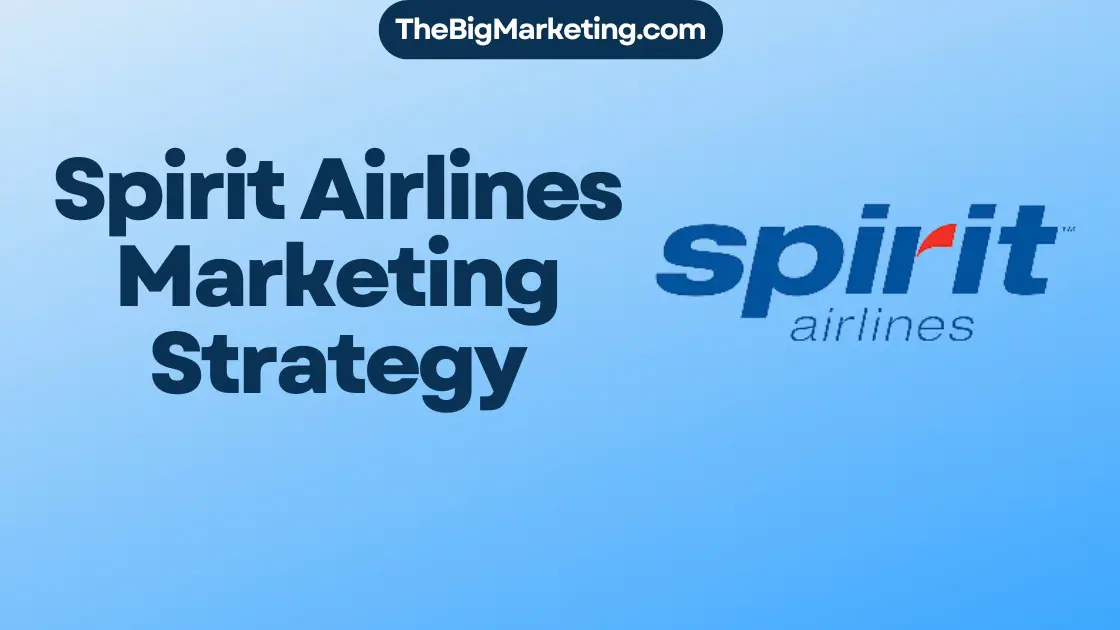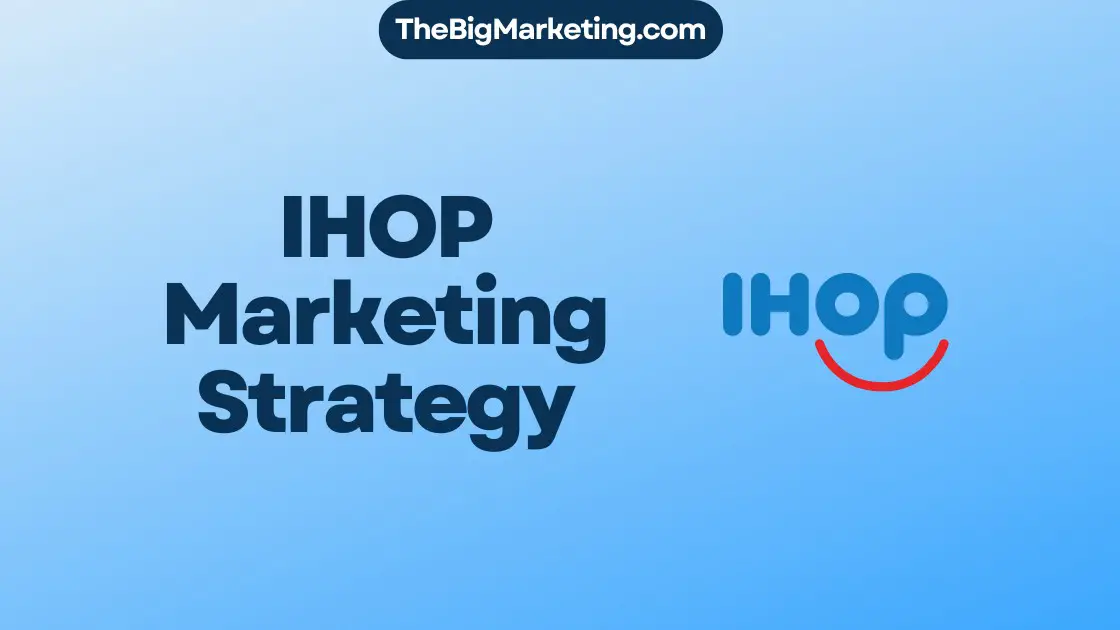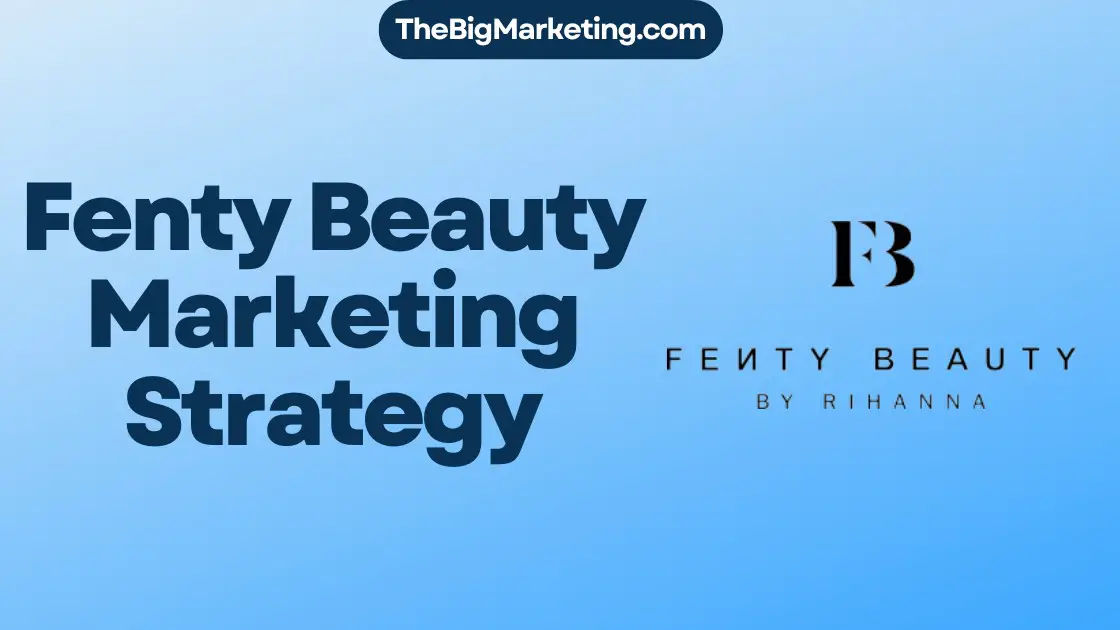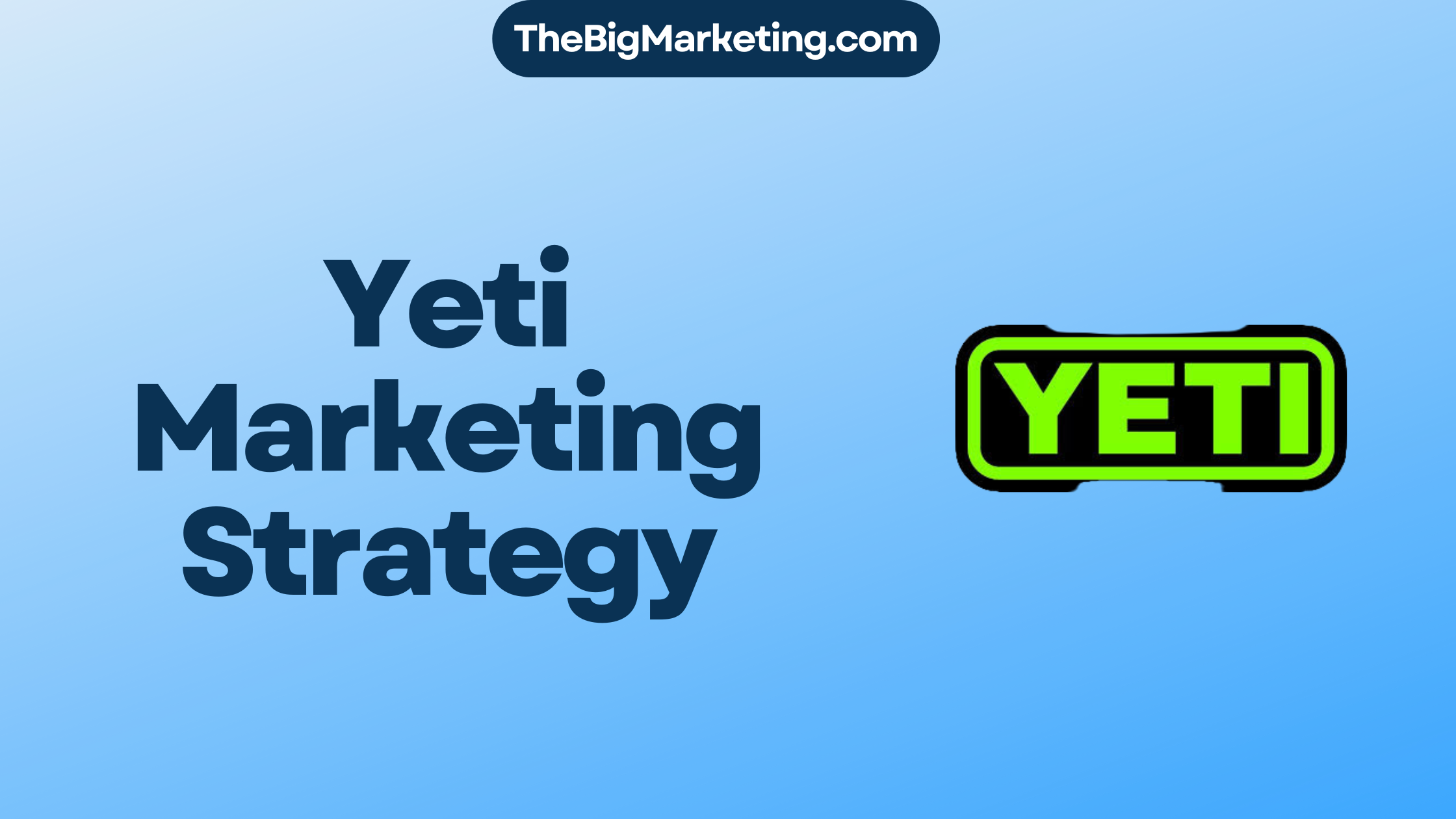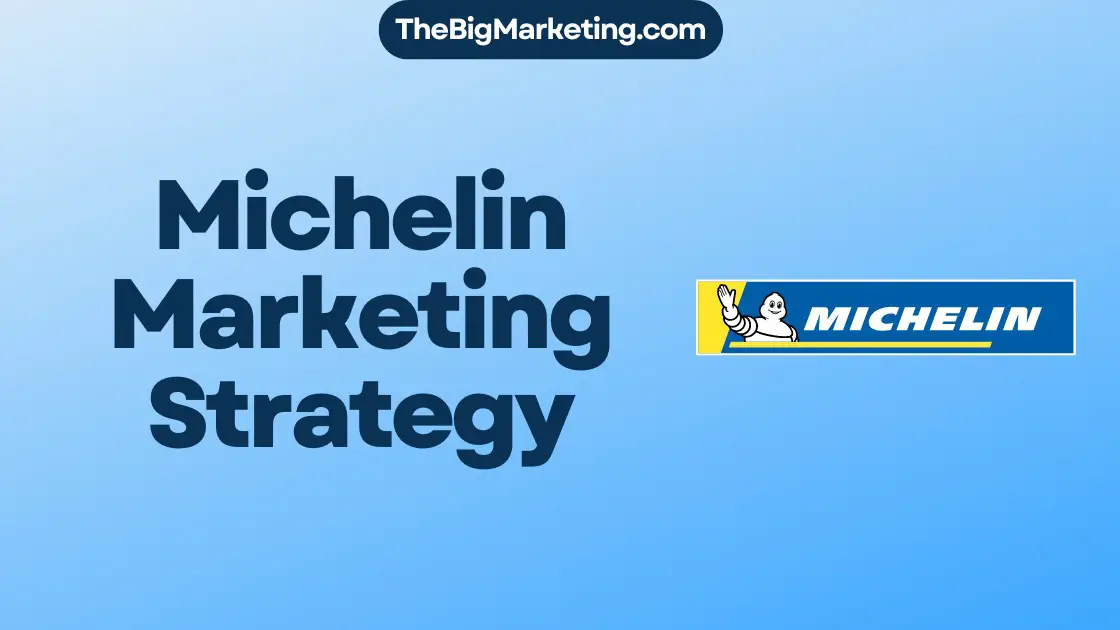Michael Kors, a well-known luxury fashion brand, has outlined a detailed marketing plan for 2024. This strategy aims to keep them at the forefront of the fashion industry. It focuses on several key areas. These include targeted ads, a strong online and in-store presence, partnerships with influencers, and compelling digital campaigns. Furthermore, it emphasizes the importance of understanding their customers, standing out in the market, increasing brand awareness, and catering to specific consumer needs.
Key Takeaways:
- Michael Kors has created a strong marketing strategy for 2024. This will help them continue leading in the luxury fashion competition.
- They’re reaching out to consumers both online and offline, keeping the brand in sight.
- Collaborations with influencers and digital promotions are crucial. They boost the brand’s image and connect with shoppers.
- They focus on positioning their brand uniquely and engaging customers, ensuring loyalty and satisfaction.
- By understanding various consumer groups, Michael Kors can offer personalized experiences. This makes their marketing efforts more effective.
Overview of Michael Kors
Michael Kors started in 1981 in New York. It’s a top name in luxury fashion today. The brand is known for high-quality, timeless pieces, and serves a wide audience.
Michael Kors stands for style, sophistication, and elegance. It offers clothing, bags, beauty products, and more for both men and women. Each item is crafted to give fashion lovers a unique experience.
The brand is known globally, with over 1200 stores in 90 countries. This wide reach lets it share its special designs worldwide. Michael Kors continues to be a leader in luxury fashion.
| Founded | Product Range | Global Presence |
|---|---|---|
| 1981 | Men’s and Women’s Wear, Handbags, Fragrance, Cosmetics, Accessories | 90 countries with over 1200 stores worldwide |
Situational Analysis of Michael Kors
A situational analysis is crucial for understanding Michael Kors’ current marketing state. It includes a SWOT analysis, highlighting strengths, weaknesses, opportunities, and threats. There’s also a PESTEL analysis, focusing on political, economic, social, technological, environmental, and legal factors. This takes into account market competition, supplier relationships, and the importance of market segmentation.
SWOT Analysis of Michael Kors
Conducting a SWOT analysis provides insights into Michael Kors’ strategy. The brand’s strengths include a luxury reputation, global presence, and diverse products. However, there are weaknesses such as intense competition and reliance on a certain consumer segment. Opportunities for growth exist in emerging markets and digital marketing. Yet, economic downturns and shifts in consumer tastes pose threats.
PESTEL Analysis of Michael Kors
The PESTEL analysis explores external factors affecting Michael Kors. Politically, the brand faces various market regulations. Economic aspects like inflation and purchasing power are crucial. Socially, it’s about fashion trends and consumer values. Technological progress, especially in e-commerce, is vital. Environmental concerns include sustainability. Lastly, legal issues cover intellectual property and labor laws.
Market Competition and Suppliers
Market competition is essential for Michael Kors to consider. It challenges the brand’s market share and position. Innovation and unique value propositions help it stand out. The relationship with suppliers is also key. Strong partnerships ensure the supply of quality materials and efficient production to meet demand.
Importance of Market Segmentation
Market segmentation is key to Michael Kors’ strategy. The brand divides the market based on demographics, psychographics, and behavior. This lets it tailor marketing efforts to different segments’ needs and preferences. Such targeted campaigns boost customer engagement and loyalty.
Digital Marketing Campaigns and Brand Positioning
Michael Kors understands the strength of digital marketing in building its brand. It has a big following on social media, especially Instagram. This helped grow its online sales and make more people aware of the brand. Through social media, Michael Kors connects with customers using engaging content and interactive experiences.
Michael Kors uses a smart, unified approach to offer a smooth experience across different channels. It uses data to send personalized marketing messages. This makes customers feel a closer, emotional connection with the brand.
Social media, like Instagram, is key to Michael Kors’ success online. The brand uses Instagram’s visual features to show off its products in attractive ways. By working with influencers and sharing content from users, Michael Kors grows its reach and builds a community of supporters.
Additionally, Michael Kors’ online campaigns help maintain a consistent brand image across all platforms. By combining online and in-store experiences, the brand ensures a smooth customer journey. This strategy improves customer happiness and increases loyalty and support for the brand.
The Power of Social Media Influencers
Working with social media influencers is a big part of Michael Kors’ online strategy. These influencers have large followings and can affect their viewers’ choices. By partnering with them, Michael Kors can reach more people and engage with them effectively.
Targeted advertising also plays a big role in Michael Kors’ strategy. The brand uses customer data to send ads that speak directly to specific groups. This personalized method makes the campaigns more successful, boosts customer happiness, and leads to more sales.
In the end, Michael Kors’ online marketing efforts have greatly helped its brand stand out. Its strong presence on Instagram has increased sales and awareness. By offering a seamless experience across channels and working with influencers, Michael Kors connects deeply with customers. The brand’s focus on data and personalization helps it stay ahead in the luxury fashion market.
Influencer Partnerships and Targeted Advertising
Michael Kors uses influencer partnerships and targeted advertising as key parts of its marketing. The brand works with social media influencers to spread the word about its products. This helps Michael Kors reach more people and connect with wider audiences.
By working with influencers, Michael Kors taps into their trust and large follower counts. This makes the brand’s promotions feel more genuine to potential customers. It’s like fitting the brand naturally into online conversations and communities.
Michael Kors also uses targeted advertising to speak directly to its ideal customers. The brand uses data to understand what these customers like and dislike. This way, Michael Kors can create ads that really speak to people, increasing engagement and sales.
Targeted ads make sure the right people see Michael Kors’ messages. This is done by matching ads with viewers’ interests and behaviors. It leads to better engagement and more effective ads.
This focus on influencer partnerships and targeted ads helps Michael Kors stand out. It builds brand awareness and increases sales. By connecting with customers in meaningful ways, Michael Kors stays ahead in a competitive market.
Benefits of Influencer Partnerships
- Enhanced brand visibility and awareness among target audiences
- Increased credibility and trust through authentic influencer endorsements
- Access to a diverse and engaged follower base
- Opportunities for product placement and demonstrations
- Strengthened brand positioning and association with industry influencers
Advantages of Targeted Advertising
- Precision in reaching specific customer segments
- Higher conversion rates through relevant and personalized messages
- Increased return on investment by minimizing wasted ad spend
- Ability to track and measure campaign performance and adjust strategies accordingly
- Improved customer engagement and satisfaction through tailored marketing experiences
Michael Kors excels by using influencer partnerships and targeted ads. These strategies grab their target audience’s attention and boost engagement. This approach aligns well with what their customers like and want to see. It makes Michael Kors’ marketing more powerful and appealing.
Customer Engagement and Brand Awareness
Michael Kors focuses on customer engagement and brand awareness. They aim to build strong relationships with their customers. They do this through excellent post-purchase support, loyalty programs, and feedback loops. These efforts ensure that customers have amazing experiences, which boosts loyalty and brand awareness.
The Power of Post-Purchase Support
For Michael Kors, the customer’s journey goes beyond the purchase. The brand provides top-notch post-purchase support. This includes responsive and reliable customer service. Such support makes customers feel valued even after buying. This not only increases customer satisfaction but also leads to repeat purchases and positive referrals.
Nurturing Loyalty through Loyalty Programs
Michael Kors values customer loyalty highly. They’ve set up loyalty programs to reward loyal customers. These programs offer special perks like early access to collections and personalized offers. This approach helps build a strong community of brand supporters. These supporters not only stay loyal but also spread positive word-of-mouth, boosting the brand.
The Role of Feedback Loops
Michael Kors uses feedback loops to improve continuously. They gather insights through surveys, social media, and reviews. This shows they listen to their customers’ needs and expectations. Such openness builds trust and transparency. It enhances brand awareness and makes customers happier.
The image highlights the role of customer engagement in brand growth. It shows how customer satisfaction, loyalty programs, support post-purchase, and feedback loops are linked. Together, they focus on delivering excellent customer experiences.
| Loyalty Programs | Benefits |
|---|---|
| Exclusive offers | Early access to new collections |
| Personalized rewards | Special events and experiences |
| Birthday gifts | Priority customer service |
The table outlines benefits of Michael Kors’ loyalty programs. These rewards offer exclusivity and show appreciation. This strengthens customers’ loyalty to the brand.
Market Segmentation and Targeted Marketing
Michael Kors understands consumer preferences well. It uses market segmentation effectively. The aim is to cater to different consumer groups uniquely.
By grouping its market based on various factors, Michael Kors can craft personal experiences. This approach boosts customer loyalty. These groups are based on demographics, behavior, and more.
For instance, young, trendy consumers might get ads showing the latest fashions. These ads focus on staying current with fashion. In contrast, ads for timeless elegance aim at a more mature audience.
Marketing messages are tailored for each group. Michael Kors uses various channels to stay relevant. Social media and email are some ways the brand connects with consumers.
Personalized experiences are key for Michael Kors. It’s more than just ads. Customized product recommendations and offers tie back to customer preferences, fostering a strong bond.
Targeted Marketing Techniques
Michael Kors uses several strategies for targeted marketing:
- Customized Email Marketing: The brand sends targeted emails. These are based on customer preferences and past buys.
- Social Media Advertising: Platforms like Facebook and Instagram host the brand’s ads. Detailed targeting options help reach specific groups.
- Influencer Collaborations: Michael Kors teams up with influencers. They help the brand connect with target markets effectively.
Through these strategies, Michael Kors builds brand loyalty. The goal is to understand consumer needs and tailor efforts to meet them. This approach helps Michael Kors stand out in the luxury fashion world.
International Expansion and China Market Focus
Michael Kors has been eyeing the Asian market, especially China, for growth. It knows the region’s huge potential. With a big population and growing buying power, China is vital for the luxury brand. Michael Kors has tailored marketing strategies for the Chinese, understanding their culture.
To win in China, adapting to local tastes and cultures is key. Michael Kors has done a lot of research on what Chinese shoppers like. This helps them make ads that the people can relate to.
Localization and Cultural Sensitivity
At the heart of Michael Kors’ efforts in China is localization. The brand makes sure its ads and products match Chinese culture. This includes using symbols, colors, and images that speak to the locals.
They also pay close attention to what Chinese consumers value and wish for. This way, Michael Kors shows it knows and respects the Chinese way of life.
Influencer Partnerships and Social Media
Michael Kors uses influencer partnerships and social media to grow its brand in China. It works with famous local influencers. This helps the brand reach more people and seem more trustworthy.
The brand is active on WeChat, Weibo, and Little Red Book. These platforms let it connect with customers, show off its products, and share content. This keeps Michael Kors trendy in the digital world of China.
Retail Expansion and Store Experience
But Michael Kors isn’t just online in China. It’s also opening stores in big cities there. These flagship stores give shoppers a fancy and deep brand experience.
The stores are designed to feel modern yet elegant. They offer a special atmosphere that Chinese shoppers enjoy. This focus makes people feel connected to Michael Kors and stay loyal to the brand.
| Key Factors | Impact on Michael Kors’ Marketing Strategies |
|---|---|
| Large population and growing consumer base | Opportunity for increased brand reach and market penetration |
| Localized marketing approach | Connects with Chinese consumers on a cultural level, enhances brand relevance |
| Influencer partnerships and social media | Amplifies brand visibility and credibility among target audience |
| Physical retail expansion | Provides an immersive brand experience, fosters customer loyalty |
The Future of Michael Kors Marketing Strategy
Michael Kors is making big changes to its marketing strategy for future success. Staying ahead in the luxury fashion world is vital. The brand is making innovative marketing programs that fit its long-term goals.
At the heart of its new strategy is an integrated marketing communications plan. Michael Kors is blending traditional ads, digital marketing, social media, and PR. This mix aims to reach its audience and share a clear brand message.
Michael Kors seeks to give customers a smooth and unified brand experience. By mixing various marketing methods, the brand boosts awareness. This approach also engages customers better and increases sales.
Michael Kors is also adapting to changing consumer trends. It uses data to understand its audience better. This helps Michael Kors make its marketing more relevant to customer needs and wants.
Key Elements of Michael Kors’ Future Marketing Development:
- Advanced customer segmentation and personalized marketing initiatives
- Embracing emerging marketing channels and technologies
- Enhanced brand storytelling and emotional connections
- Continuous market research and analysis
- Collaboration with influential partners and industry leaders
- Expanding global reach and exploring new markets
Michael Kors is focusing on innovation, putting customers first, and making its brand stand out. By doing this, Michael Kors plans to keep leading in luxury fashion. These steps show it’s ready for the future and eager to meet changing customer needs.
Conclusion
For 2024, Michael Kors’ marketing plan includes targeted ads, omnichannel marketing, influencer partnerships, and digital campaigns. This mix aims to boost the brand’s standing in the luxury market. By focusing on market segmentation and personalized marketing, Michael Kors looks to heighten customer attention and awareness.
Michael Kors uses digital channels and influencer collaborations smartly. This approach helps connect with their audience on a deeper level. It builds loyalty and support for the brand. Offering a smooth experience across all channels also makes Michael Kors a top choice in the luxury market.
The brand pays special attention to what consumers want. By figuring out market segments and creating experiences centered around customers, Michael Kors meets the varied needs of its audience effectively.

